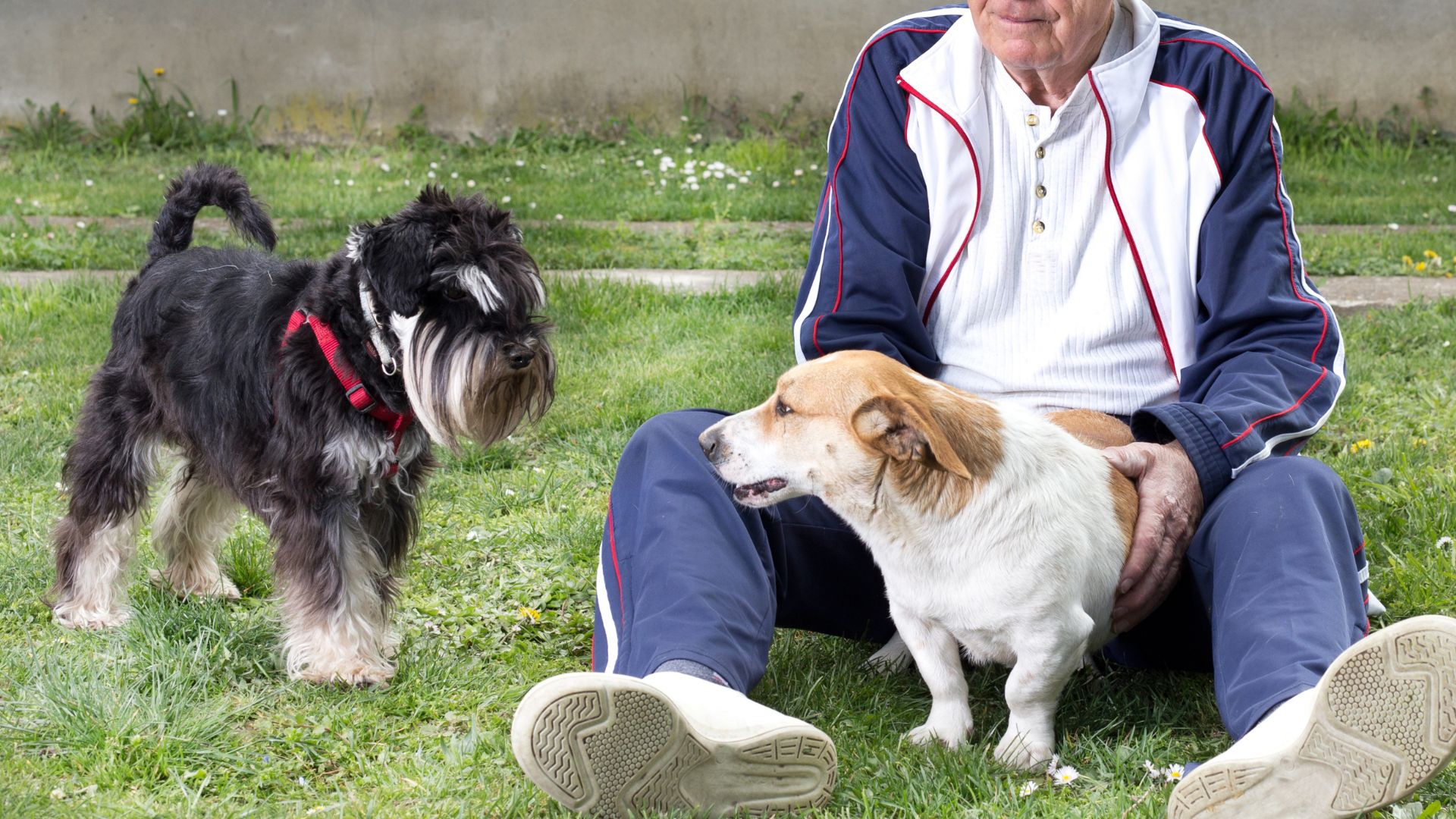Choosing the right dog breed is crucial for seniors looking to enjoy the companionship of a furry friend. While dogs bring joy and countless health benefits, certain dog breeds can pose challenges that outweigh their advantages for older adults.
Factors such as high energy levels, grooming requirements, and aggressive tendencies can make some breeds unsuitable for seniors. Appropriate training and regular exercise are often necessary for these breeds, which may be too time-consuming for older owners.
To ensure a harmonious relationship, seniors must exercise caution when selecting a dog. This article highlights different dog breeds elderly people should stay away from at all costs and why.
Dog Breeds Seniors Should Avoid At All Costs
1. Dalmatian
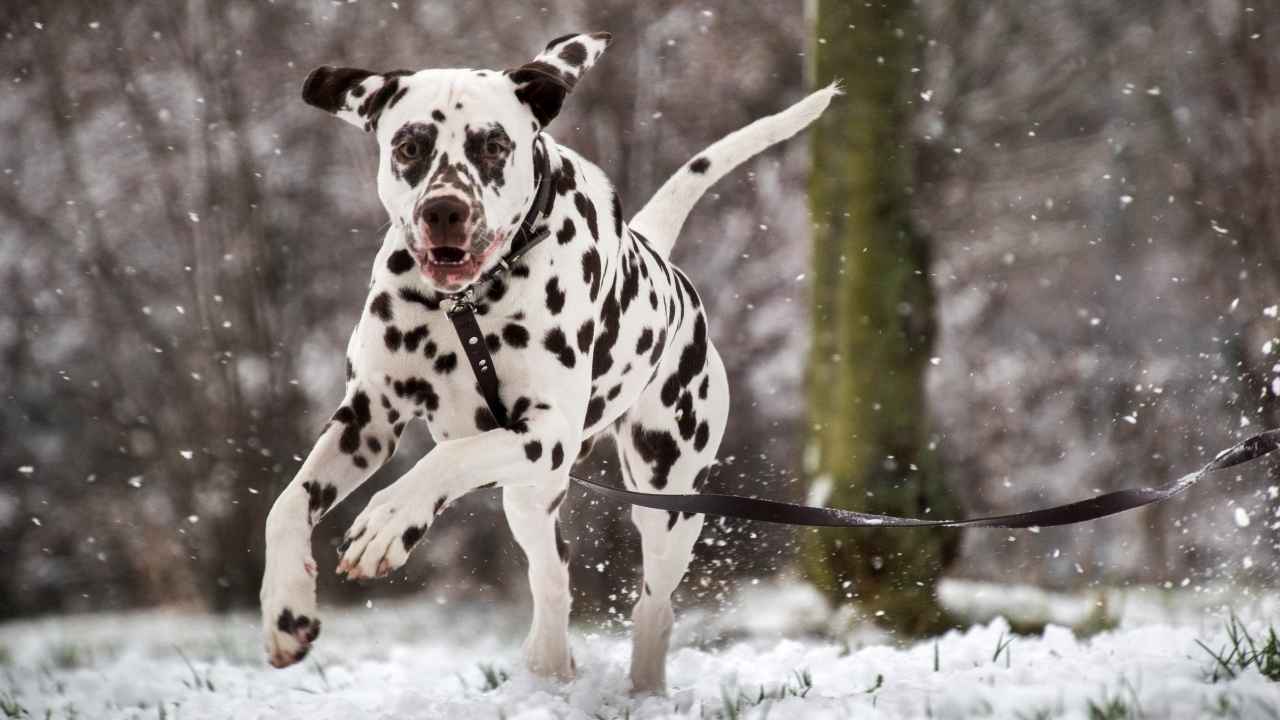
Dalmatians are known for their striking spotted coats and energetic personalities. However, they rank among the worst dog breeds for seniors due to their high energy levels and exercise demands. According to the American Kennel Club (AKC), Dalmatians require at least an hour of daily sensual activities, making them unsuitable for those with limited mobility. Without proper exercise, these dogs may develop destructive behaviors.
In addition to their activity levels, Dalmatians are prone to health issues such as deafness and urinary stones. To manage these conditions, regular vet visits and specialized care is required. Their need for extensive training also adds to their unsuitability for seniors.
While they are loyal dogs with unique beauty, Dalmatians thrive in environments where their energy and intelligence are adequately channeled. For older adults, less demanding breeds are better suited for companionship.
2. Border Collie
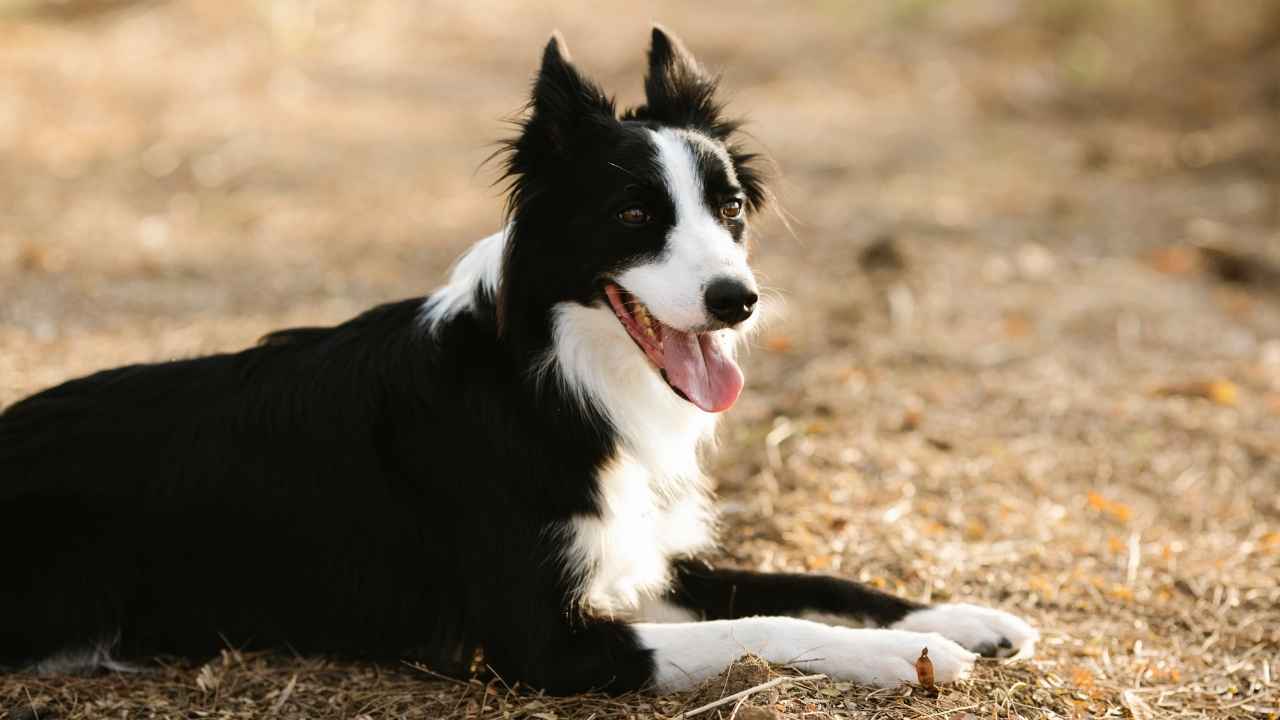
Border Collies, a highly intelligent herding breed, are among the most active dog breeds for seniors to avoid. These dogs are bred for work and require significant mental and energizing activities. As stated by Britannica, Border Collies often become bored and exhibit pent-up energy if not exercised daily.
Their high energy levels and need for frequent training make them difficult to manage for older owners. Additionally, their grooming requirements, including frequent brushing, can be time-consuming. While they are majestic dogs with a calm nature, their extensive training needs make them unsuitable for apartment living or less active households.
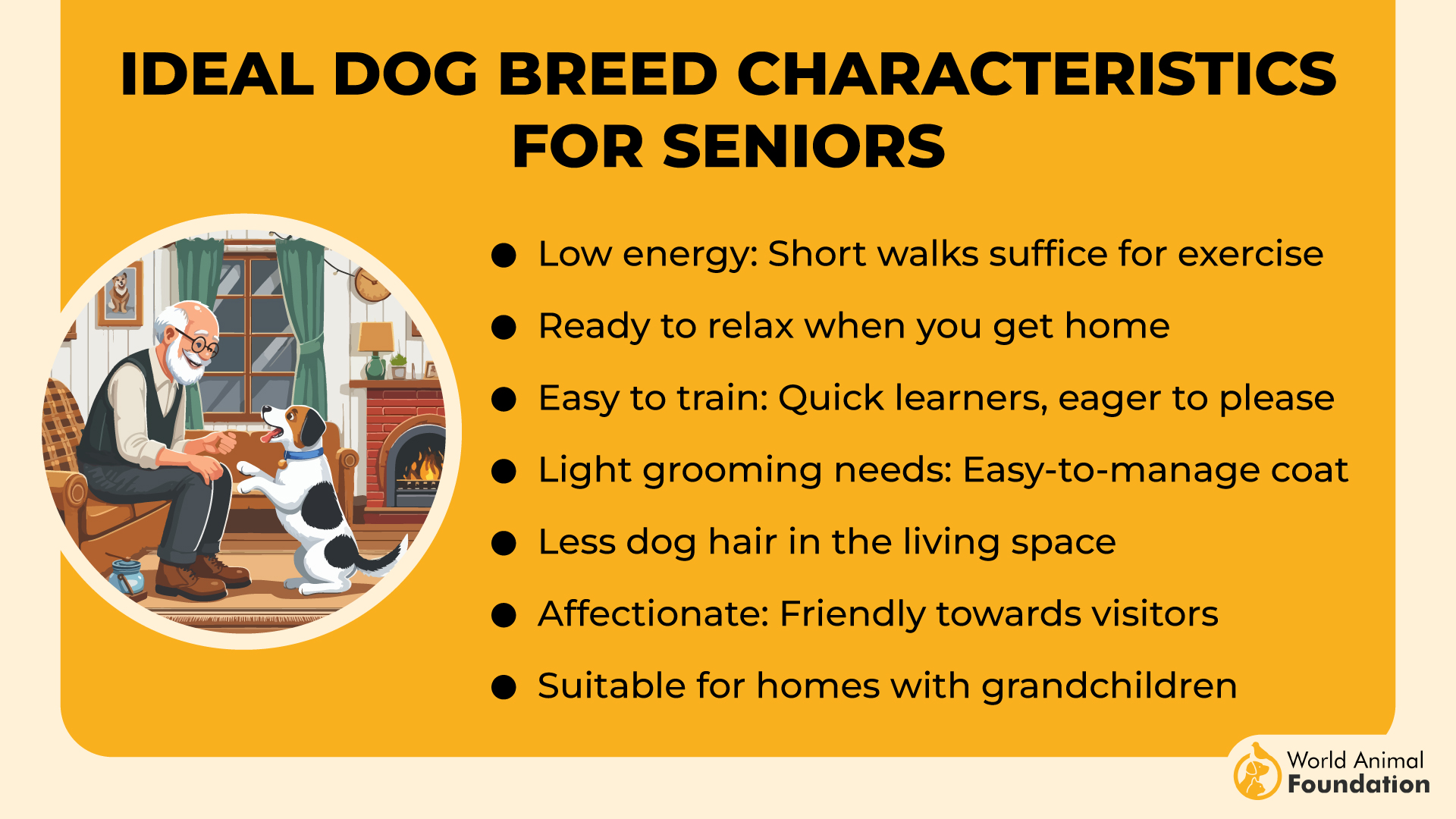
Despite being great companions for active individuals, this active dog can overwhelm seniors who cannot meet their demanding care requirements. Seniors should consider low-maintenance dogs instead.
3. Weimaraner
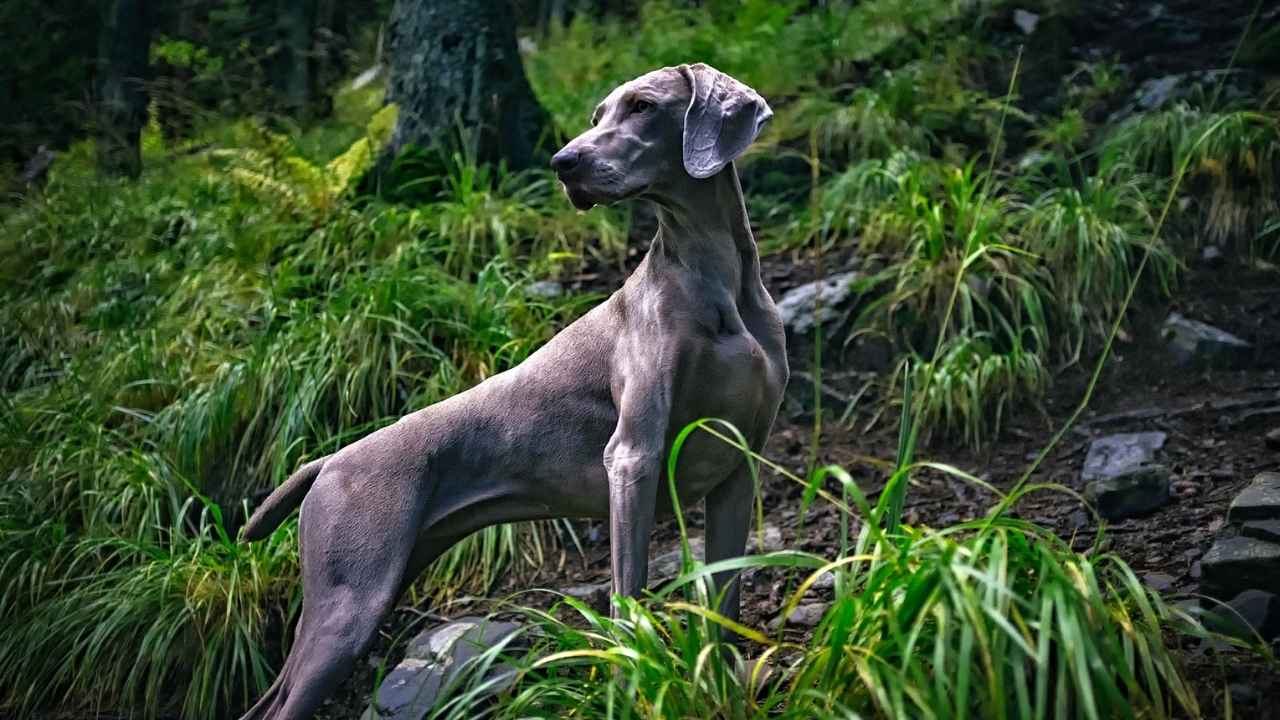
Weimaraners are sleek, large breeds that are highly energetic and require more exercise than most seniors can provide. Without proper outlets for their energy, Weimaraners are breeds prone to develop destructive behaviors, including excessive barking.
This breed also requires early socialization and obedience training to manage its independent and stubborn tendencies. Their high energy levels make them better suited for younger, active individuals who can match their physical ability. Additionally, their grooming needs, though minimal, still require attention to prevent matting.
For seniors, these energetic and demanding dogs may prove too challenging, making them one of the dog breeds seniors should refrain from.
4. Jack Russell Terrier
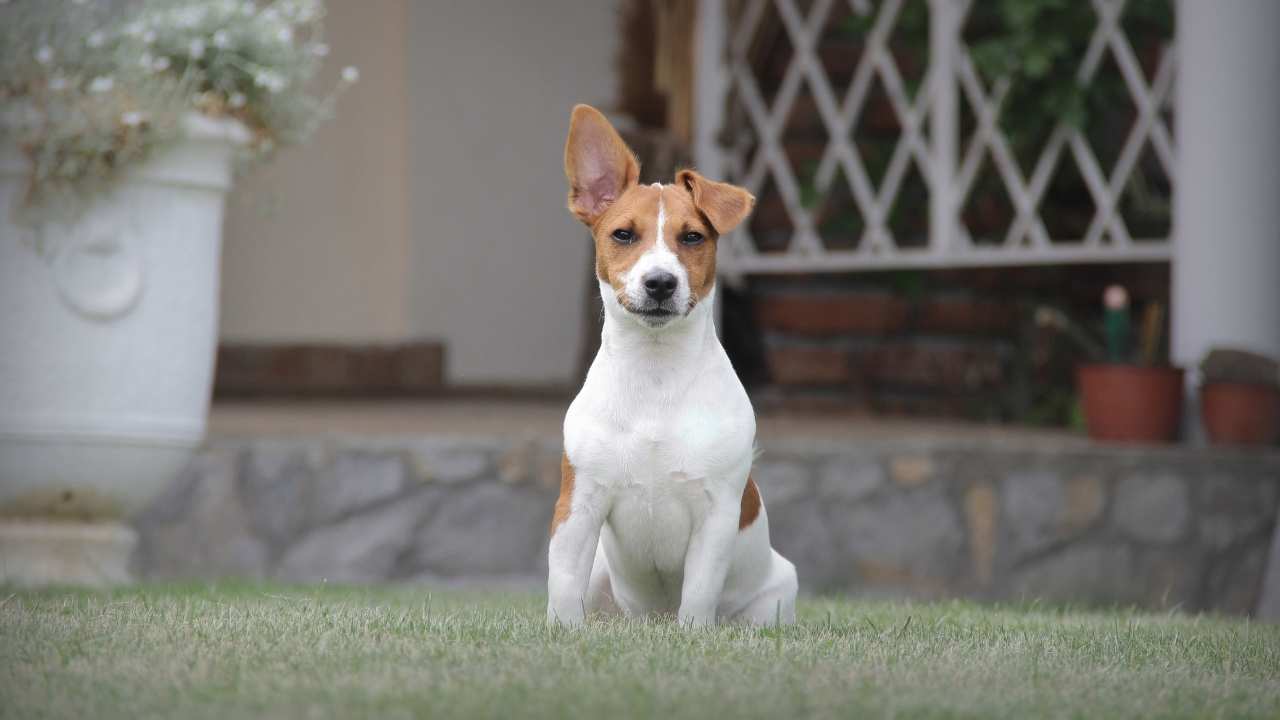
Jack Russell Terriers are small dog breeds with big personalities. Despite their size, these dogs are extremely active and require consistent mental and bodily stimulation. PetMD notes that Jack Russells often display pent-up energy as anxiety when not exercised adequately.
Their strong prey drive and independent temperament mean they need extensive training and supervision, which can be overwhelming for older owners. Additionally, their grooming requirements, while not extensive, still require regular attention to maintain their sleek coats.
While Jack Russells bring joy to active households, their high energy levels and stubborn nature make them a poor choice for older adults seeking a calmer companion.
5. Rottweiler
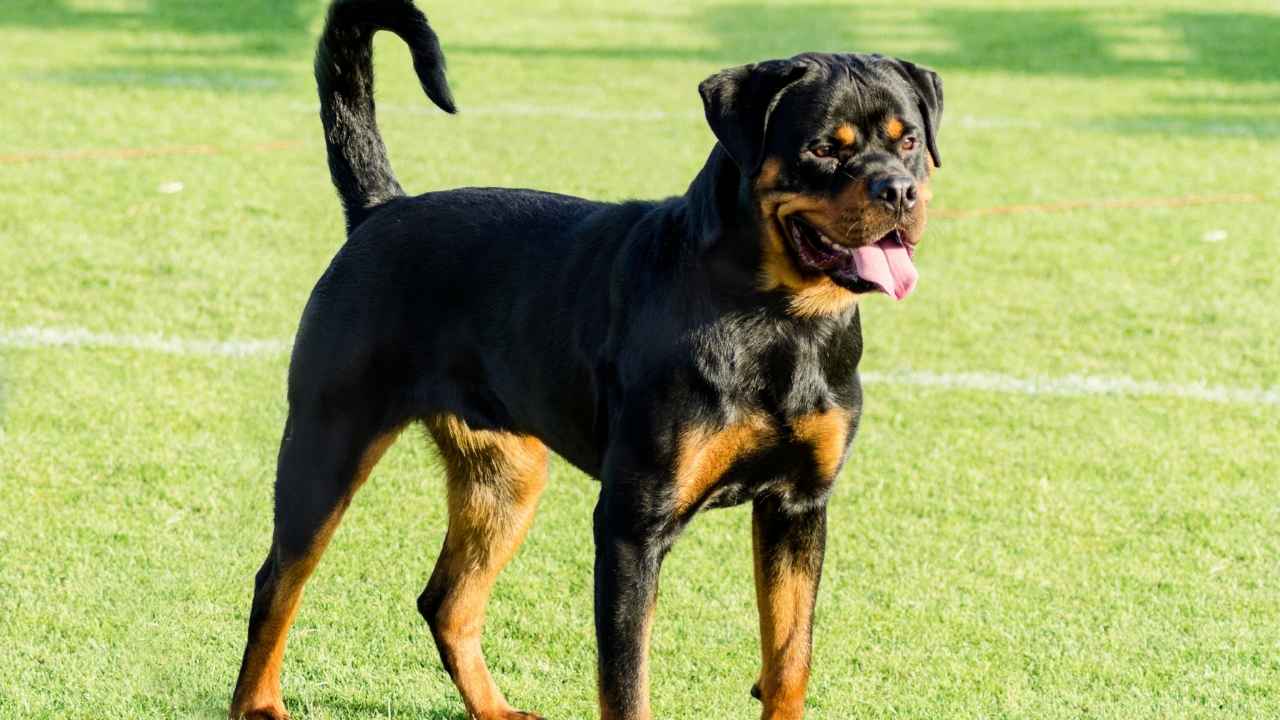
Rottweilers are loyal and protective dogs, but their imposing size and aggressive tendencies make them unsuitable for seniors. Rottweilers require proper training and early socialization to ensure they are well-behaved.
These large dogs often have high energy levels and need regular energizing activities, which can be too demanding for older adults. Their grooming requirements, including constant brushing to prevent matting, also add to their maintenance needs.
Although they are highly intelligent and can be great companions for experienced dog owners, Rottweilers are not well-suited for seniors who may struggle with their physical strength and training needs.
6. Australian Shepherd
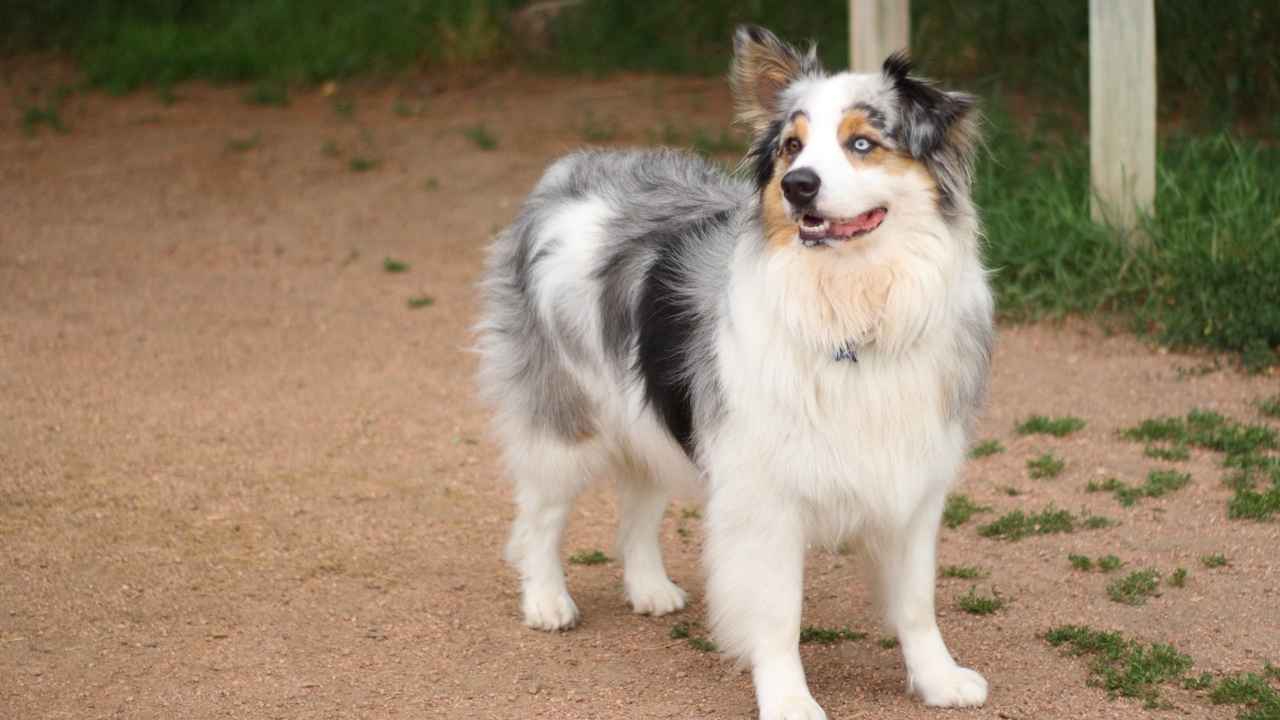
Australian Shepherds, as mentioned in Royal Canin, are another herding breed that seniors should avoid. These dogs are highly intelligent and thrive on mental and physical stimulation. Australian Shepherds often develop destructive behaviors when their energy needs are not met.
Their grooming requirements, including repeated brushing and occasional professional grooming, can be time-consuming for older owners. Additionally, their high energy levels make them unsuitable for apartment living or less active households.
While they are loyal and affectionate dogs, Australian Shepherds are better suited for active individuals who can dedicate time to their extensive training and exercise demands.
7. Great Dane
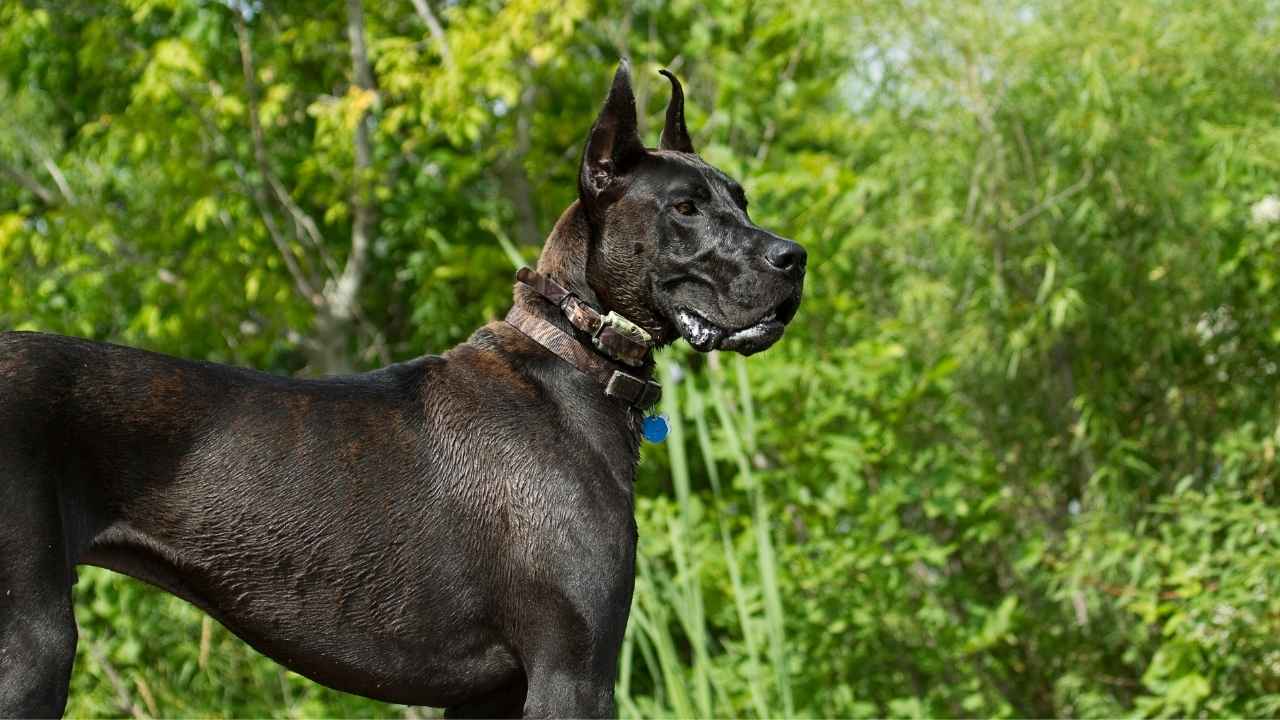
Great Danes, despite their gentle nature, are among the worst dogs for seniors due to their large size and health issues. As Purina notes, these majestic dogs often suffer from health problems such as joint issues and heart conditions, which can be costly and challenging to manage.
Although they require minimal grooming, this specific breed still involves regular maintenance to keep their coats healthy. Additionally, their imposing size can make them difficult to handle, especially for older adults with limited physical ability.
While Great Danes bring joy and companionship to their families, their health problems and size make them less suitable for seniors seeking a low-maintenance furry companion.
8. Siberian Husky
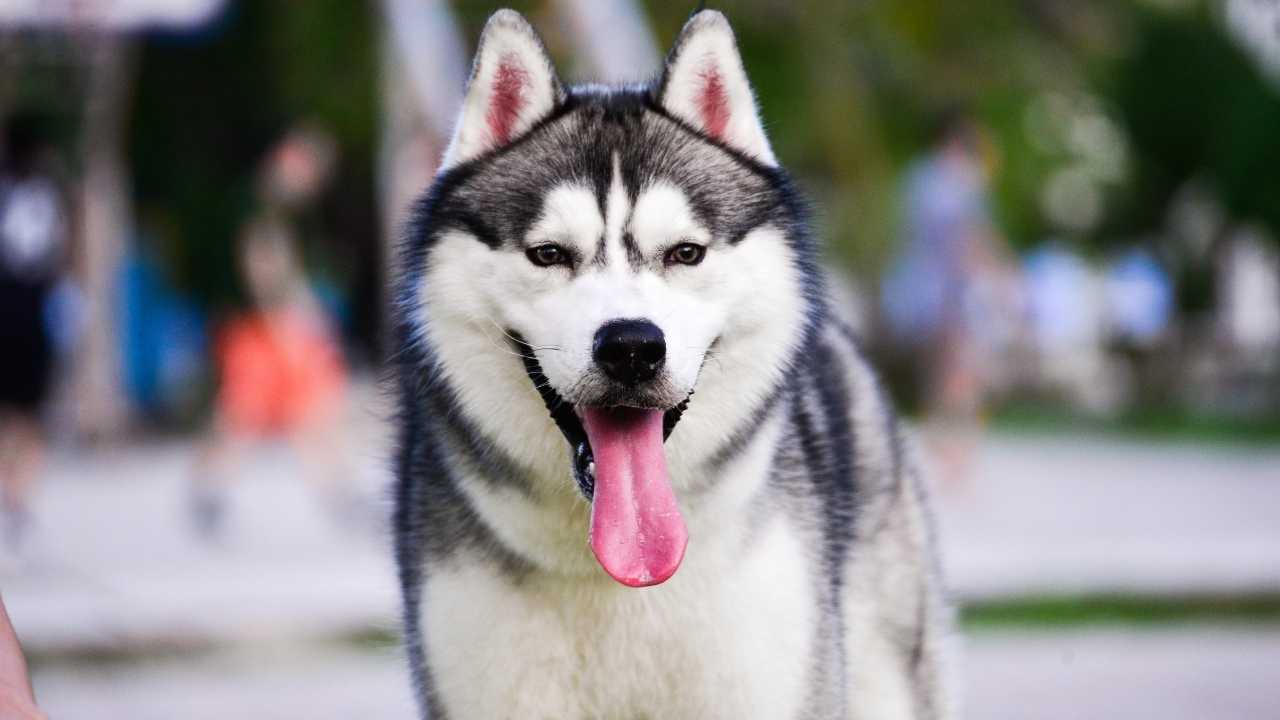
Siberian Huskies are highly energetic dogs known for their striking blue eyes and thick coats. However, they require constant brushing to maintain their grooming needs, which can be overwhelming for older owners. Huskies are prone to harmful behaviors when not exercised daily.
Their strong prey drive and independent nature mean they need extensive training and supervision. Additionally, their high energy levels and need for mental stimulation make them challenging for older adults to manage.
While they are highly intelligent and bring fun to active households, this breed is not well-suited for seniors seeking a calmer, low-maintenance companion.
9. Akita
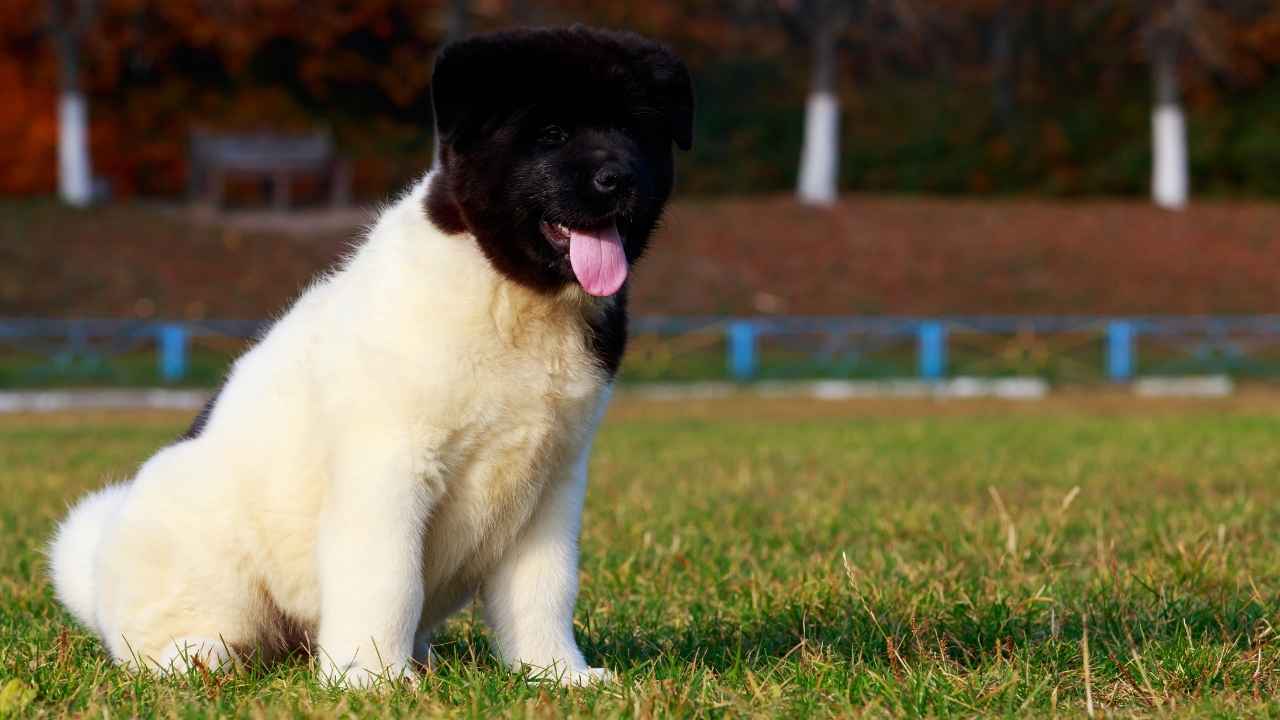
Akitas are powerful and independent dogs that require broad training and early socialization. They often display aggressive tendencies when not trained properly, making them unsuitable for seniors.
Their grooming requirements, including professional grooming to maintain their thick double coats, can be time-consuming. Additionally, their high energy levels and strong-willed temperament make them difficult to manage for older adults.
Akitas are loyal and protective dogs, but they require a lot of care and can be aggressive. This makes them a challenging choice for seniors.
10. Chow Chow
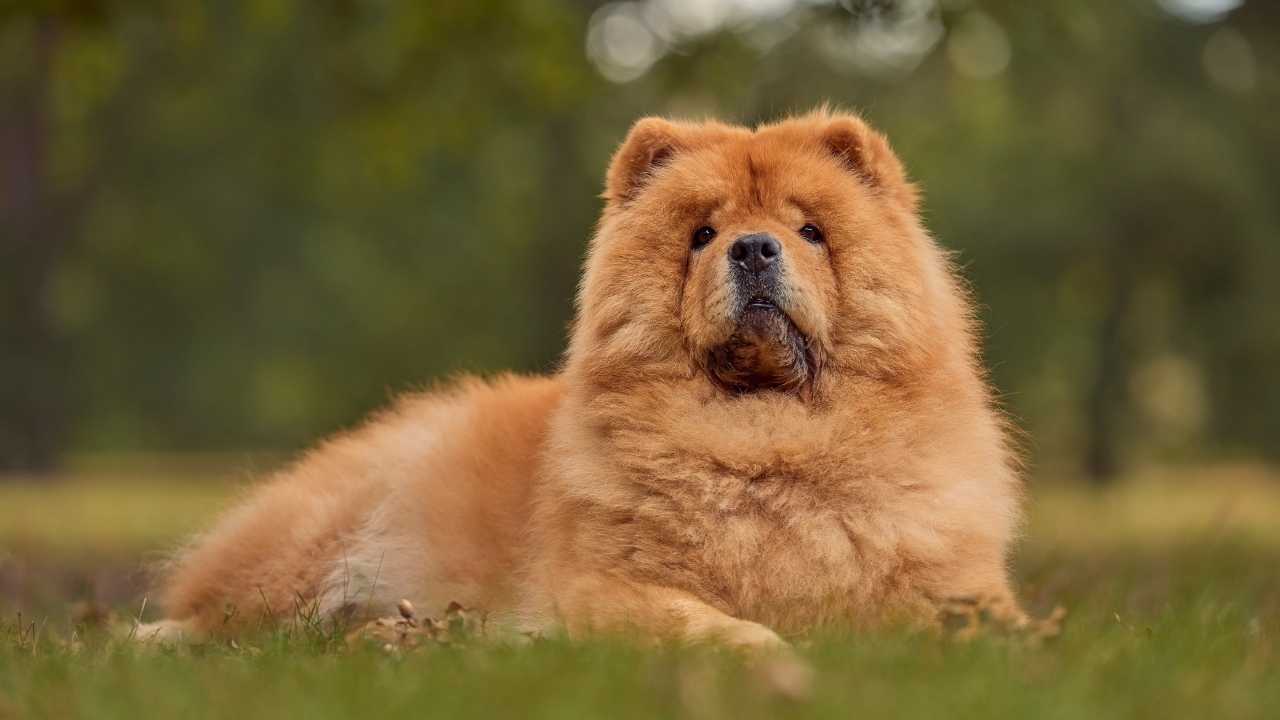
Chow Chows are known for their distinctive lion-like appearance and independent nature. However, their grooming requirements, including non-stop brushing to prevent matting, can be overwhelming for aged owners. Chow Chows often exhibit aggressive tendencies without proper training and socialization.
These dogs are also prone to health issues such as hip dysplasia, which can be costly and challenging to manage. Their strong-willed temperament and need for exhaustive training makes them unsuitable for seniors seeking a low-maintenance companion.
While they are majestic dogs with unique beauty, Chow Chows are better suited for experienced dog owners who can meet their demanding care needs.
Conclusion
Seniors should choose the right dog breed by keeping their physical abilities, living situation, and lifestyle in mind. Breeds like Border Collies, Siberian Huskies, and Great Danes are considered the worst dog breeds for older adults because of their high energy, grooming needs, and health issues.
While other breeds like Pit Bulls and certain breeds with high energy levels might not be ideal for seniors, small breeds are often better suited for those seeking a more relaxed companion.
Other dogs, such as those known for their calm temperaments, offer a more manageable option for seniors, ensuring a fulfilling experience with dog ownership without the challenges associated with higher-maintenance breeds.
Calmer and low-maintenance options like French Bulldogs, Dobermans, or Golden Retrievers may be a better fit for their golden years. The joy of pet ownership can truly shine when the chosen breed aligns with the owner’s lifestyle and needs, providing love, loyalty, and comfort for years to come.


